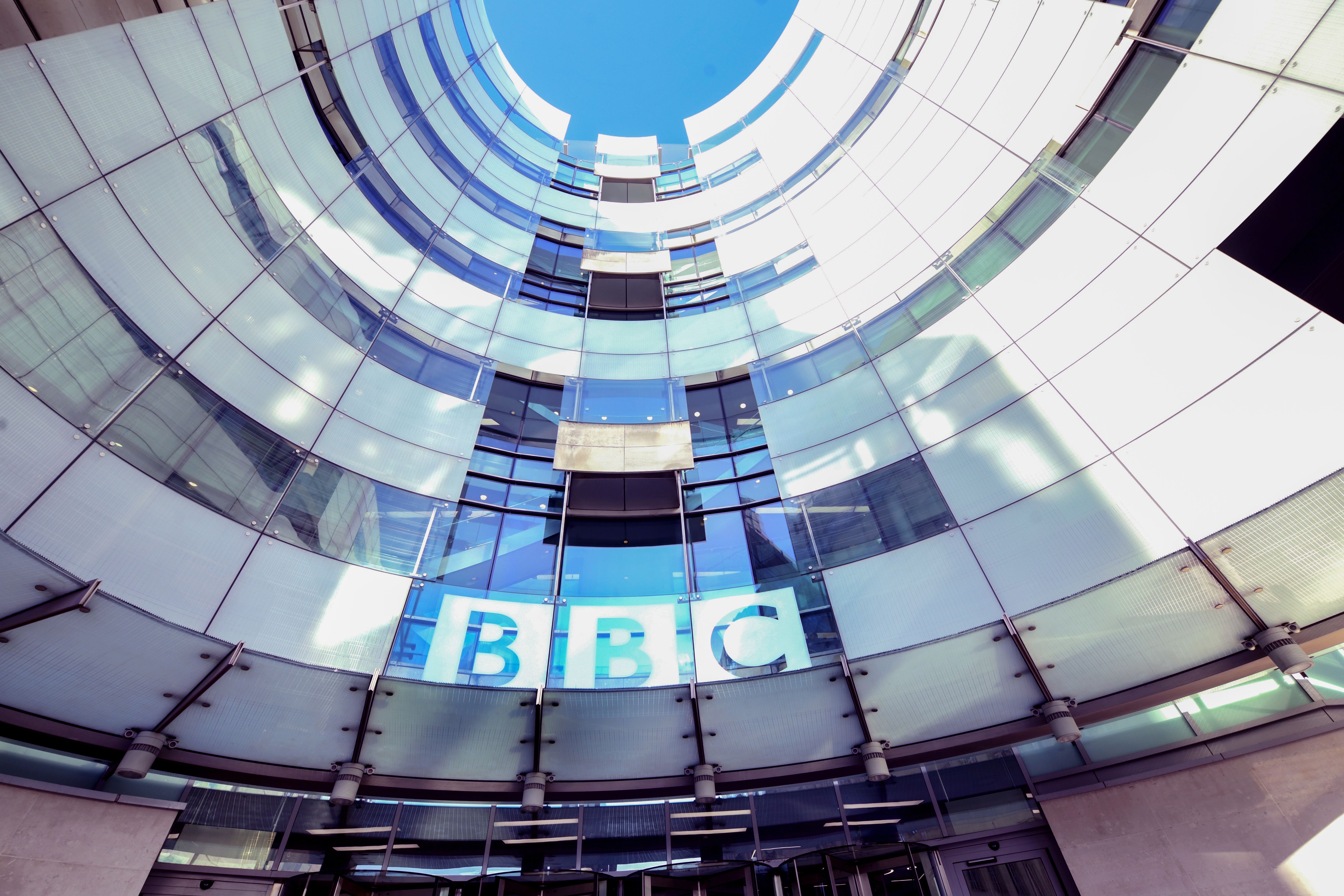UN fact-finding mission on Iran to investigate threats to BBC journalists
The mission was set up by the UN Human Rights Council to look at ‘the deteriorating situation of human rights in Iran’.

An international fact-finding mission organised by the United Nations (UN) will investigate the harassment of BBC News Persian journalists and their families in Iran.
The mission has been set up by the UN Human Rights Council (UNHRC) to investigate “the deteriorating situation of human rights in Iran, especially with respect to women and children”, following protests that began in the country in September.
The BBC World Service has filed a submission highlighting Iran’s alleged harassment of BBC News Persian journalists and their families in the country.
In its submission, the broadcaster said it and other global media organisations had been “blamed” by the Iranian government for sparking the protests, adding that officials had sought to undermine the credibility of their journalism.
In October 2022, Iran’s ministry of foreign affairs named BBC Persian as a sanctioned organisation for “supporting and instigating terrorism, violence, hate-mongering and human rights abuses”, which was accompanied by threats of property seizures.
An Iranian judiciary official later called for BBC Persian to be added to the country’s list of terrorist groups, according to the BBC.
The broadcaster said that over the following month, further concerns were raised over death threats to journalists, and that UK police and security services had foiled 15 plots by Iran to either kidnap or kill UK-based individuals it considered “enemies of the regime”.
Journalists suffered “ongoing and increased concerns about security” in both Iran and their home countries, including the UK, which included effects on mental and physical health, the submission said.
This harassment and persecution of our journalists must stop
On Wednesday, it was confirmed by the mission that the BBC’s submission would be included in the investigation, with a final report due to be submitted to the UNHRC in March 2024.
Liliane Landor, director at BBC World Service, said: “It is crucial that the fact-finding mission’s report to UNHRC highlights the persistent harassment of the BBC News Persian journalists and their families by the Iranian authorities.
“The BBC World Service coverage of the 2022 Iran protests brought about a renewed string of attacks on our journalists, targeting them and their families for their reporting – thus seeking to silence that reporting, to limit access to independent information about the events in Iran and about the causes of those events.
“This harassment and persecution of our journalists must stop.”
Bookmark popover
Removed from bookmarks